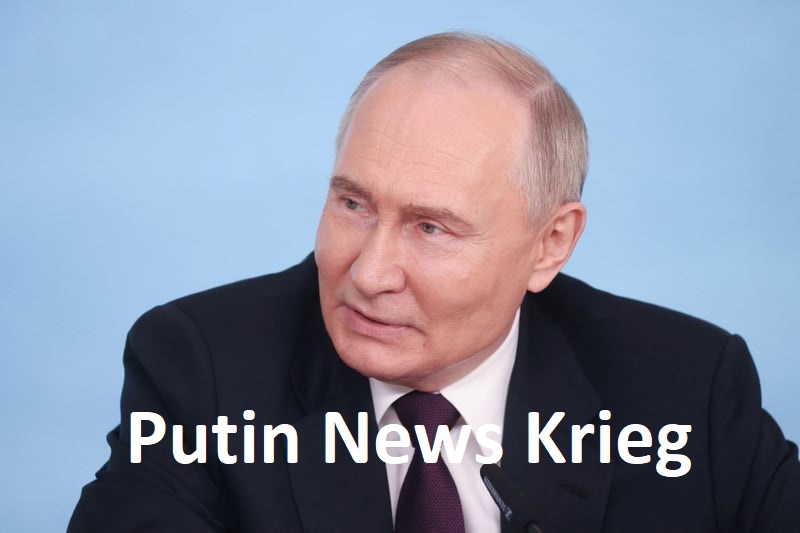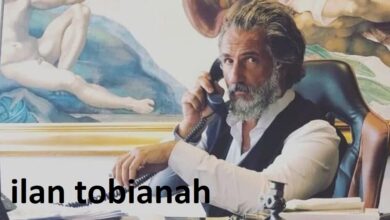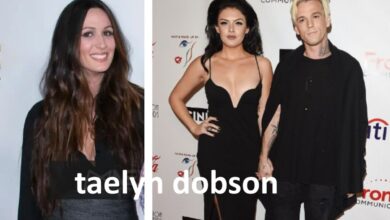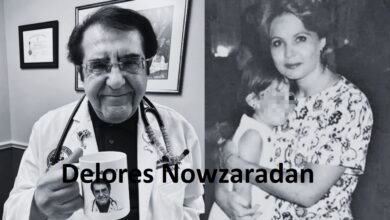Putin News Krieg Understanding Russia Ongoing Conflict and Global Impact

Introduction: The Complex Landscape of “Putin News Krieg”
When people search for “Putin News Krieg,” they’re often trying to understand the latest developments surrounding Russian President Vladimir Putin and the ongoing war that continues to shape global politics. The term itself has become synonymous with constant updates about Russia’s military actions, political maneuvers, and international reactions. In recent years, the geopolitical balance has been deeply influenced by Russia’s decisions, especially those tied to Ukraine, NATO relations, and sanctions imposed by Western nations.
The “Krieg” (German for “war”) aspect highlights how Europe and the world are still wrestling with the consequences of Russia’s aggressive strategies. What began as a regional military operation has evolved into a complex political and economic conflict, with ripple effects felt far beyond Eastern Europe. This war is not just about territory—it’s about power, ideology, and control over global narratives.
Understanding “Putin News Krieg” requires more than just reading headlines. It means examining Putin News Krieg motives, his leadership style, the global reactions, and the human stories behind the ongoing conflict. Let’s dive deeper into how this situation unfolded and why it remains one of the most talked-about issues in international news today.
Putin Strategy The Mind Behind the Conflict

Vladimir Putin News Krieg leadership style has always been assertive, calculated, and rooted in the idea of restoring Russia’s global influence. For years, Putin has presented himself as a defender of Russian sovereignty and tradition against what he views as Western interference. His political strategy often involves blending nationalism with a narrative of victimhood—claiming that Russia is being encircled and threatened by NATO expansion and Western sanctions.
When the war began, Putin framed it as a “special military operation,” emphasizing that it was a necessary step to protect Russian-speaking populations and national interests. However, as the world quickly saw, this was far more than a regional skirmish. Putin’s long-term goal seems to be reshaping Europe’s security architecture in a way that positions Russia as an equal if not dominant player on the world stage.
His political tactics include using state-controlled media to justify military actions and suppressing dissent at home. Every move, from military offensives to economic partnerships with countries like China and Iran, fits into his broader vision of countering Western dominance. Putin News Krieg grip on Russian society is strong, and his ability to maintain control amid sanctions and international isolation demonstrates just how deeply rooted his influence has become.
The Global Reaction Tensions and Divisions
The global response to Putin News Krieg war has been swift yet divided. Western countries, particularly the United States and members of the European Union, have condemned the invasion and imposed harsh sanctions on Russia. These measures aim to cripple the Russian economy by targeting banks, energy exports, and the assets of influential oligarchs close to Putin. Yet despite these efforts, the war persists, and Russia has adapted by strengthening economic ties with non-Western nations.
On the other hand, countries like China, India, and several African and Middle Eastern nations have taken a more neutral or pragmatic stance. They continue to trade with Russia, often prioritizing economic benefits over political alignments. This divide highlights the shifting global order—where the once-clear line between East and West is becoming increasingly blurred.
Meanwhile, global citizens are caught between conflicting narratives. Western media portrays Putin as an authoritarian aggressor, while Russian outlets depict the war as a defensive struggle against Western hypocrisy. These opposing perspectives contribute to widespread misinformation and confusion, making it difficult for the general public to separate truth from propaganda.
The Human Cost of the Conflict
Beyond politics and power struggles, Putin News Krieg represents a devastating humanitarian crisis. Millions of Ukrainians have been displaced, and countless lives have been lost since the war began. Cities that once thrived are now reduced to rubble, and the psychological toll on those who remain is unimaginable. Families are torn apart, and the trauma of war continues to affect children, the elderly, and civilians who never sought conflict in the first place.
For Russian citizens, life has also changed dramatically. Many have faced economic hardship due to sanctions, job losses, and a restricted flow of goods and services. Thousands of young Russians have been drafted into the military, often with little preparation or understanding of the war’s true purpose. Dissenters who protest or speak out against the war face imprisonment or severe penalties.
This human dimension is often overshadowed by political debates, but it remains the most crucial aspect of the story. Wars are fought by governments but suffered by ordinary people. As global attention shifts from one headline to another, the everyday struggles of those living in conflict zones remind us that this is not just a geopolitical chess match—it’s a human tragedy.
Media and Propaganda Controlling the Narrative
One of the most striking features of “Putin News Krieg” is how information itself has become a weapon. Russia’s state-controlled media has crafted a narrative portraying the West as the true aggressor, using misinformation and selective reporting to maintain public support. Meanwhile, Western outlets emphasize Putin’s authoritarian tendencies, highlighting atrocities committed during the invasion.
Social media has further complicated this picture. Platforms like X (formerly Twitter), Telegram, and YouTube are flooded with unverified footage, opinionated posts, and propaganda from both sides. It’s increasingly difficult for audiences to find objective information, as algorithms often favor emotionally charged content over factual reporting.
This information war is as critical as the one fought with weapons. Public opinion shapes policies, influences elections, and can determine the course of international relations. Putin understands this dynamic well—he has spent decades mastering the art of message control, both domestically and abroad. The result is a global audience constantly bombarded with conflicting versions of “truth.”
Economic Fallout Sanctions Energy and Global Markets
The economic consequences of Putin News Krieg war have been immense and far-reaching. Russia, once a central player in global energy markets, has faced significant disruptions as Western nations attempt to reduce their dependence on Russian oil and gas. While this has hurt Russia’s economy, it has also triggered energy shortages and price hikes across Europe.
Sanctions targeting Russia’s financial system and technology imports have forced the country to pivot toward alternative markets, particularly in Asia. The ruble has fluctuated, and inflation has risen, but Russia’s resource-rich economy has shown surprising resilience. By selling oil to countries like India and China at discounted rates, Putin has managed to keep the economy afloat, even if at a lower global standing.
Meanwhile, the war has also impacted global food supplies, particularly grain exports from Ukraine. Countries in Africa and the Middle East, which rely heavily on these imports, have experienced increased food insecurity. Thus, the conflict’s ripple effects have reached every corner of the world, emphasizing how interconnected modern economies truly are.
The Road Ahead: Can Peace Ever Be Achieved?
The question that remains on everyone’s mind is simple: how does this end? Despite numerous peace talks, ceasefire attempts, and international mediation, a resolution still seems distant. Putin News Krieg stance suggests he is unwilling to back down without significant territorial or political concessions. Meanwhile, Ukraine, backed by Western allies, continues to fight for its sovereignty and territorial integrity.
Achieving peace will require more than just political negotiations it will demand rebuilding trust, addressing war crimes, and restoring stability in a deeply fractured region. Even if a ceasefire is reached, the scars of war will linger for decades. The post-war rebuilding process, both physically and emotionally, will be one of the greatest challenges Europe has faced since World War II.
For now, “Putin News Krieg” continues to dominate global headlines, reminding the world that the quest for power often comes at a devastating human and economic cost.
Conclusion: The Legacy of “Putin News Krieg”
The ongoing conflict has already reshaped global alliances, economies, and perceptions of security. Whether one views Putin as a strategic mastermind or a reckless aggressor, there’s no denying his impact on modern history. The “Putin News Krieg” narrative is still unfolding, with new developments emerging almost daily.
As the world watches, one thing is clear: this war has changed how nations interact, how people consume information, and how fragile peace truly is. The lessons learned from this period will influence global politics for generations to come.
In the end, the story of “Putin News Krieg” isn’t just about one man or one nation—it’s about humanity’s ongoing struggle between ambition, ideology, and the universal desire for peace.



